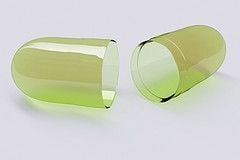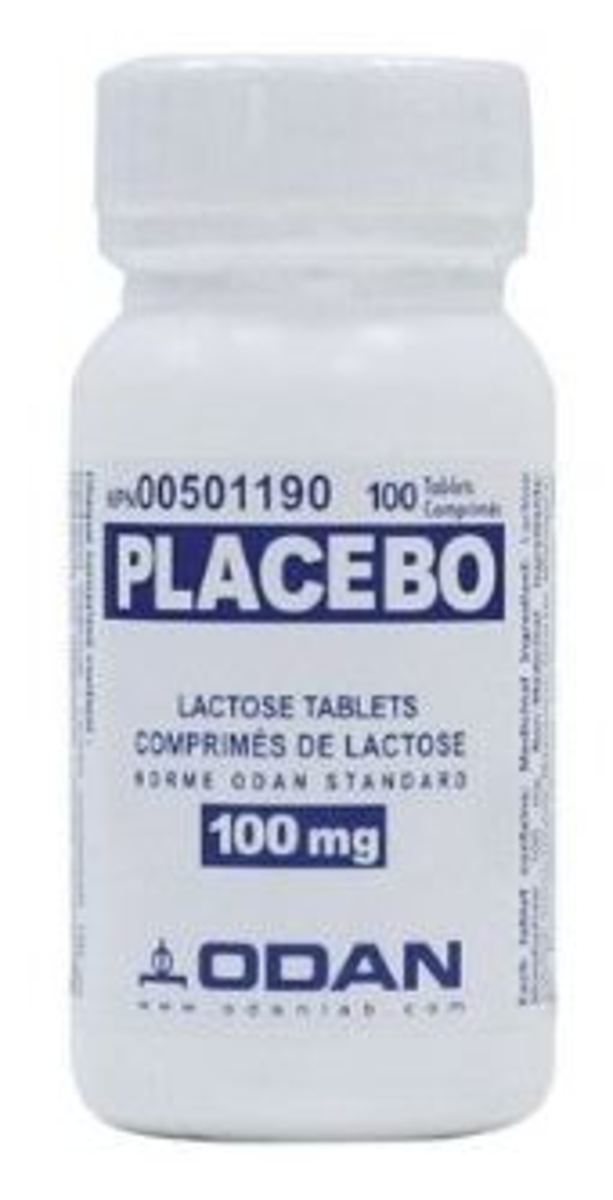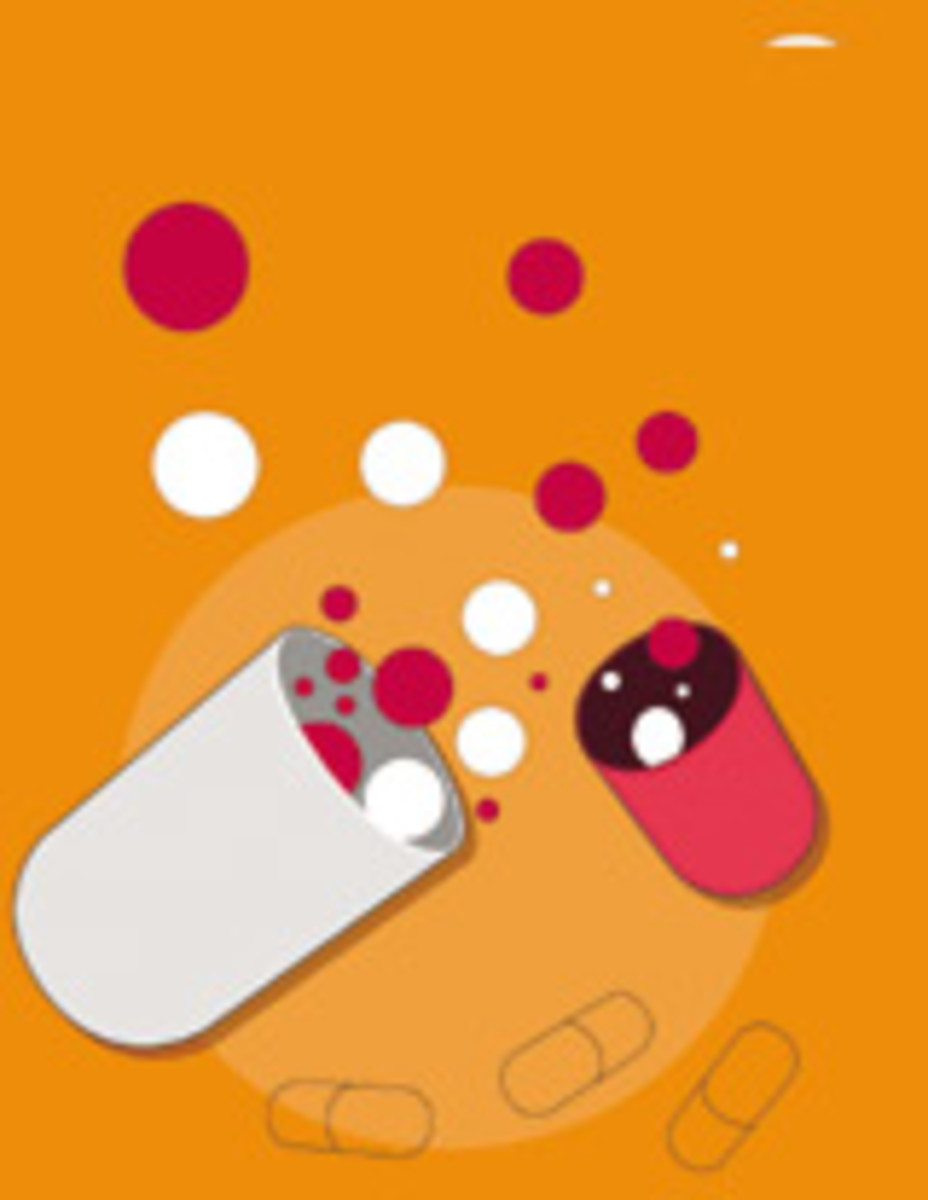Placebo Effect Definition

Define placebo effect & learn more
It's easy to define placebo effect. MedTerms has a great definition that's written in clear, nontechnical language. The American Cancer Society's definition points out that 1 in 3 people experience the placebo effect, which is amazing. The mind-body connection must be powerful indeed, for so many to show genuine improvement from an inactive substance -- like a sugar pill -- that they believe is real medication. With placebos actually beating real medication in many cases, who wouldn't want to be the CEO of Placebo, Inc. ? ;)
(photo: Brooks Elliott cc)
Bizarre Details on the Placebo Effect
This short video on the placebo effect offers fascinating tidbits such as geographical differences in placebo resoponse; how placebos' form, size, frequency given & pricetag can affect how well they work; and even the addiction potential of placebos!
Other terms, related terms
The placebo effect is also known as the placebo response.
Some people who are given placebo medications show a type of "negative placebo response," sometimes called the nocebo effect. Instead of feeling better or improving in their symptoms, they experience negative side effects like headache or nausea. This, too, speaks to the mind-body connection, as these side effects could be the result of stress, for people who are nervous about taking a medication -- especially a new one, still being studied.
more:
the nocebo effect
nothing new --
the placebo effect is consistent with the idea of mind-body healing,
which goes back centuries and is experiencing renewed popularity as a complement to Western medicine
What's your take on the placebo effect? Does it show humans are gullible, susceptible to whatever we're told may cure us? Or is it more an indication of the positive power of our minds to help heal our bodies?







